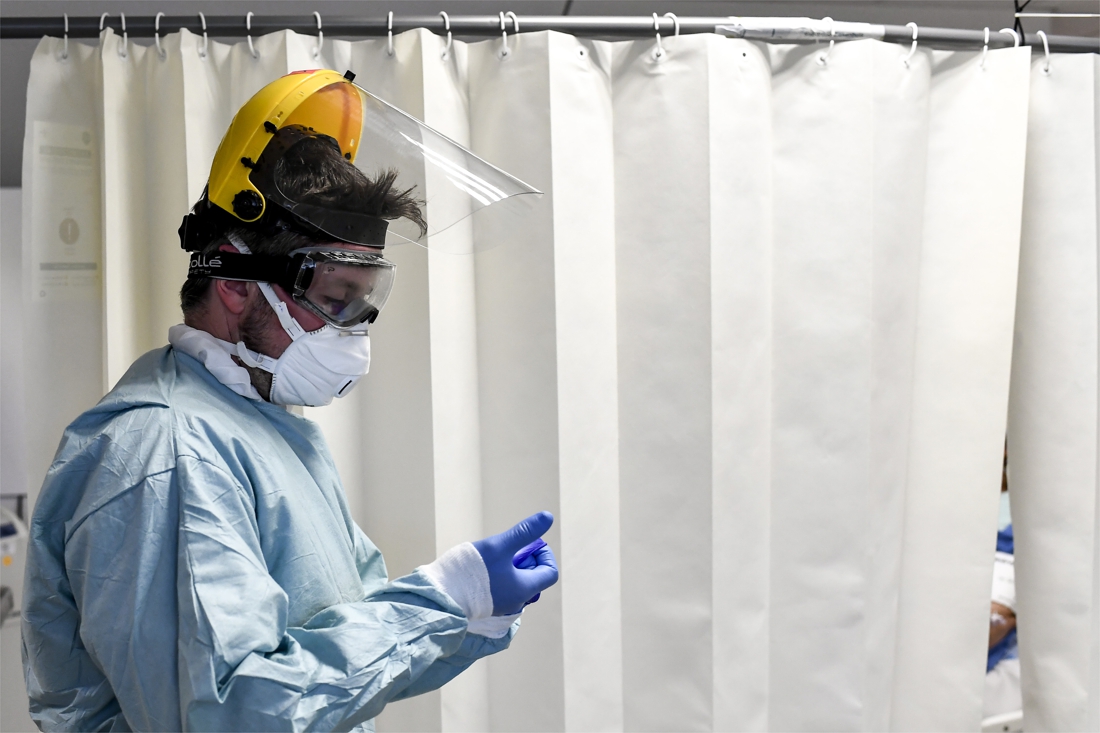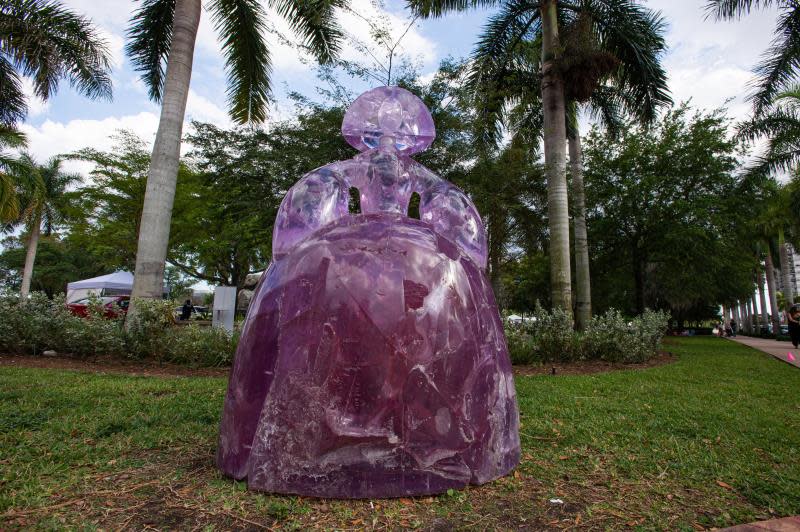British scientists are raising the alarm about the Indian variant. “This can lead to an enormous increase in infections.”
–
When we thought we were entering calmer waters, the more contagious British variant suddenly emerged. And now that the ‘realm of freedom’ is approaching, there is the even more contagious Indian variety. The latter, subtype B.1.617.2, is on the rise in Great Britain. In the past two weeks, one in six cases had the Indian fingerprint.
British scientists are very concerned. In a recently published report, they state that the Indian variant is ‘more than half more contagious’ than B.1.1.7, the British variant. The coming days should make it clear whether that will continue, the scientists said.
The estimates are in line with those of biostatistics professor Tom Wenseleers (KU Leuven) for England and India. ‘But we do not yet know whether the growth advantage comes from a higher infectivity or from the ability to bypass immunity,’ says Wenseleers.
The higher infectivity could lead to a ‘very large increase in infections’, the scientists warn. Northwest England, with cities such as Manchester and Liverpool, is at the forefront of this. The region (7 million inhabitants) has the most new infections. Because the Indian variant is advancing so quickly, the British variant still accounts for less than half of the cases. Barely 7.5 percent of new Indian cases had a travel history. In the city of Bolton, where 8 percent of the population is of Indian descent, the numbers are rising most in the groups with the lowest vaccination coverage. Despite the high vaccination coverage, too few adults have been vaccinated to avoid a wave.
The UK wants to abandon all measures on June 21. But if that happens while a 50 percent more contagious variant is circulating, a third wave that far outpaces the first and second threatens to show simulaties from the University of Warwick. Scientists call for faster vaccination in regions with more B.1.617.2 cases.
– .


